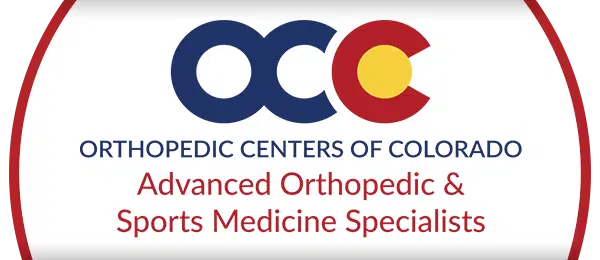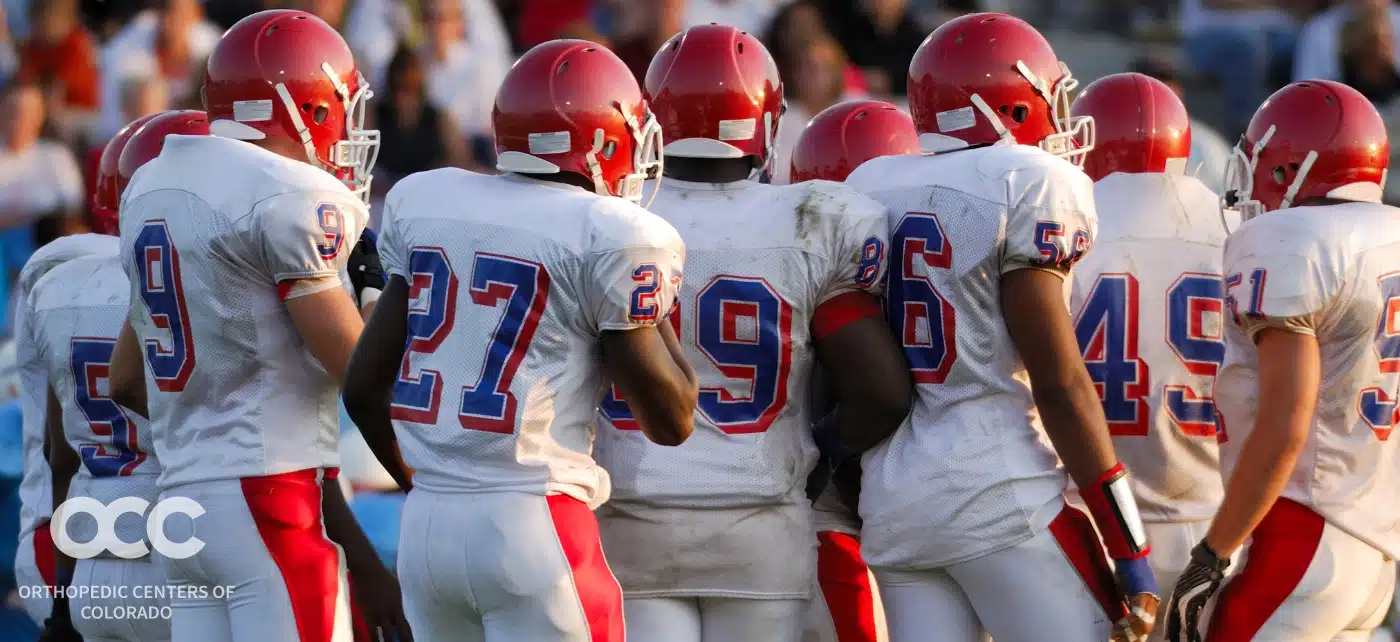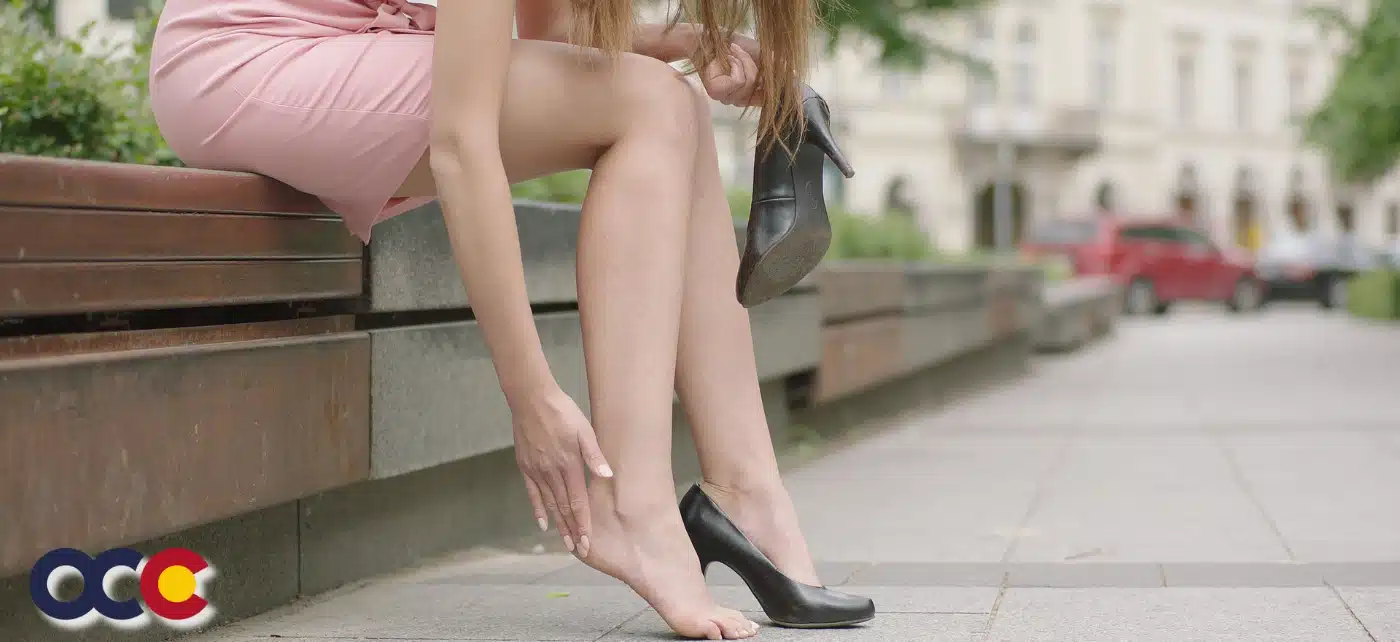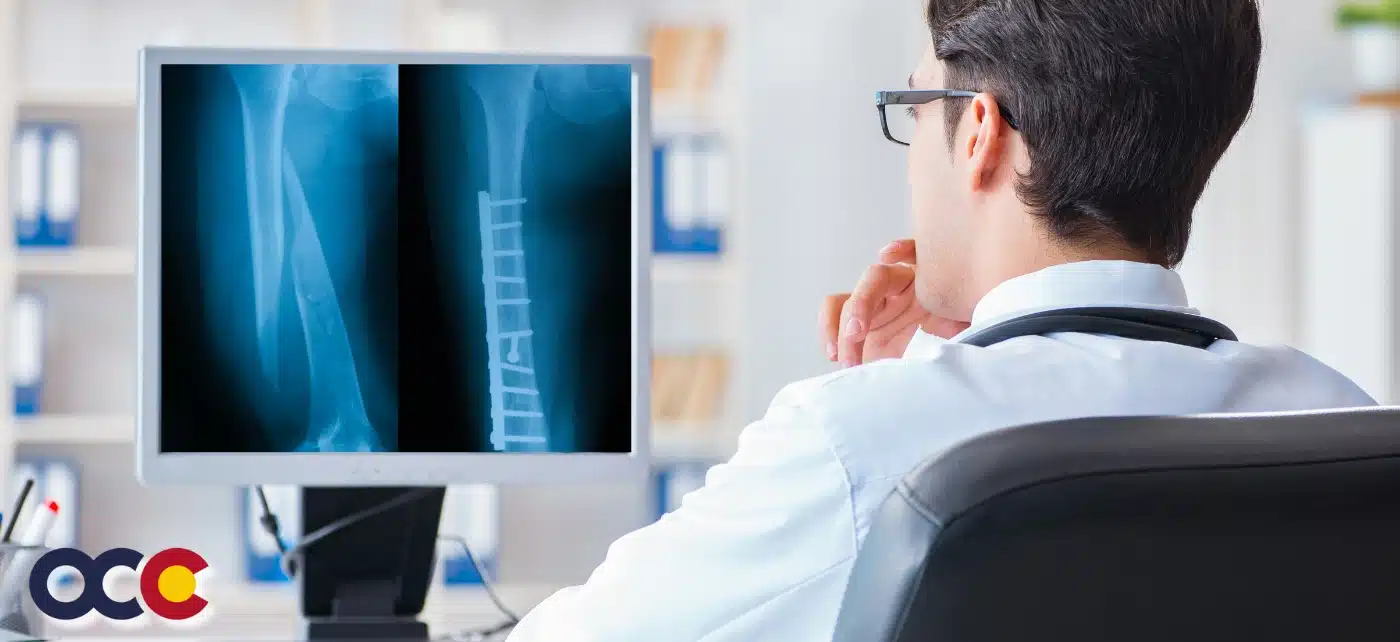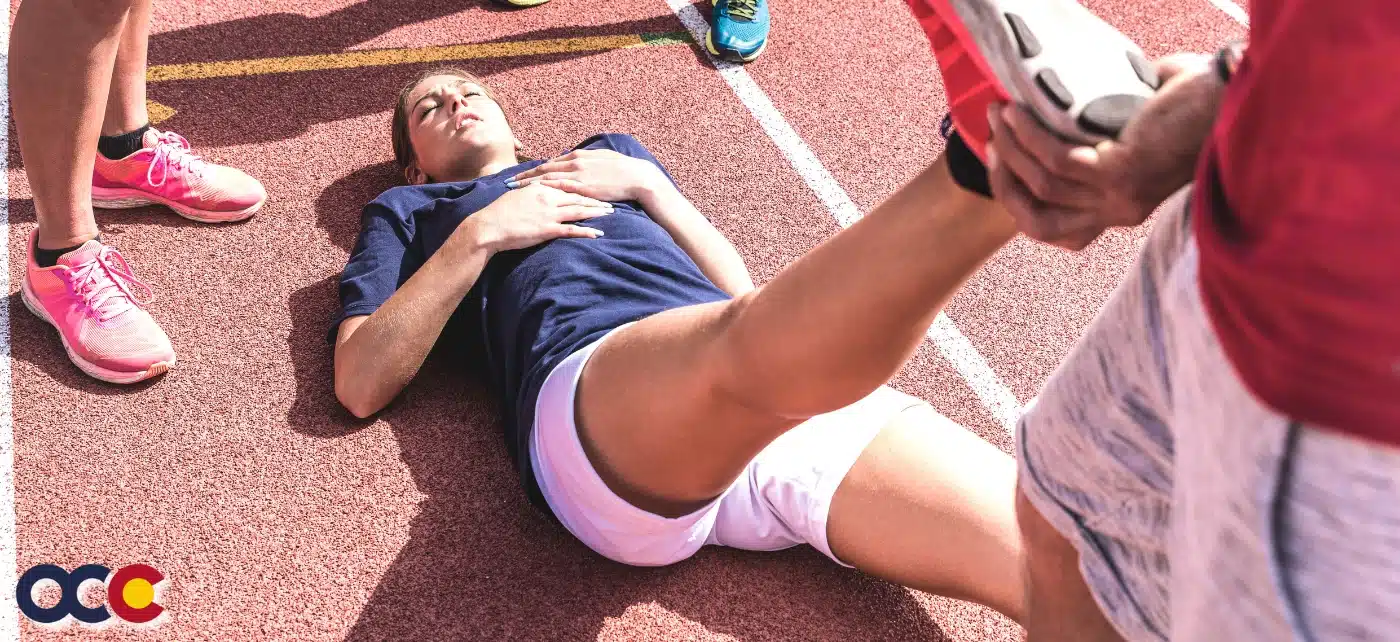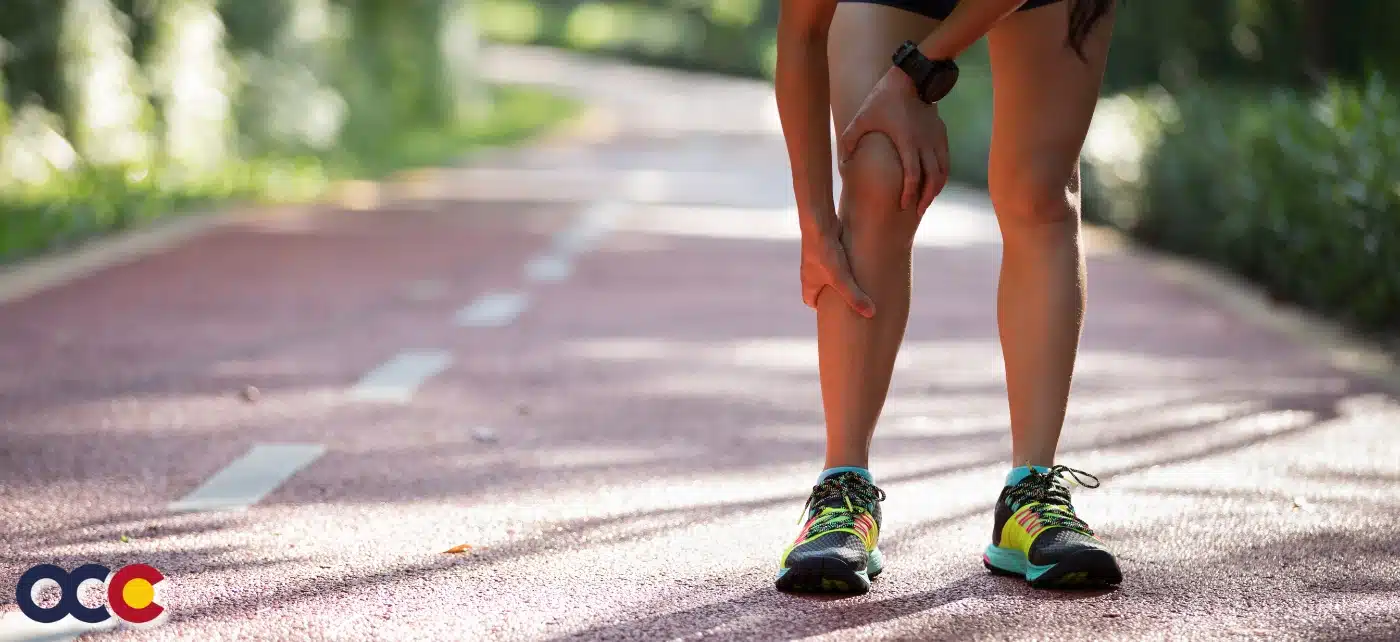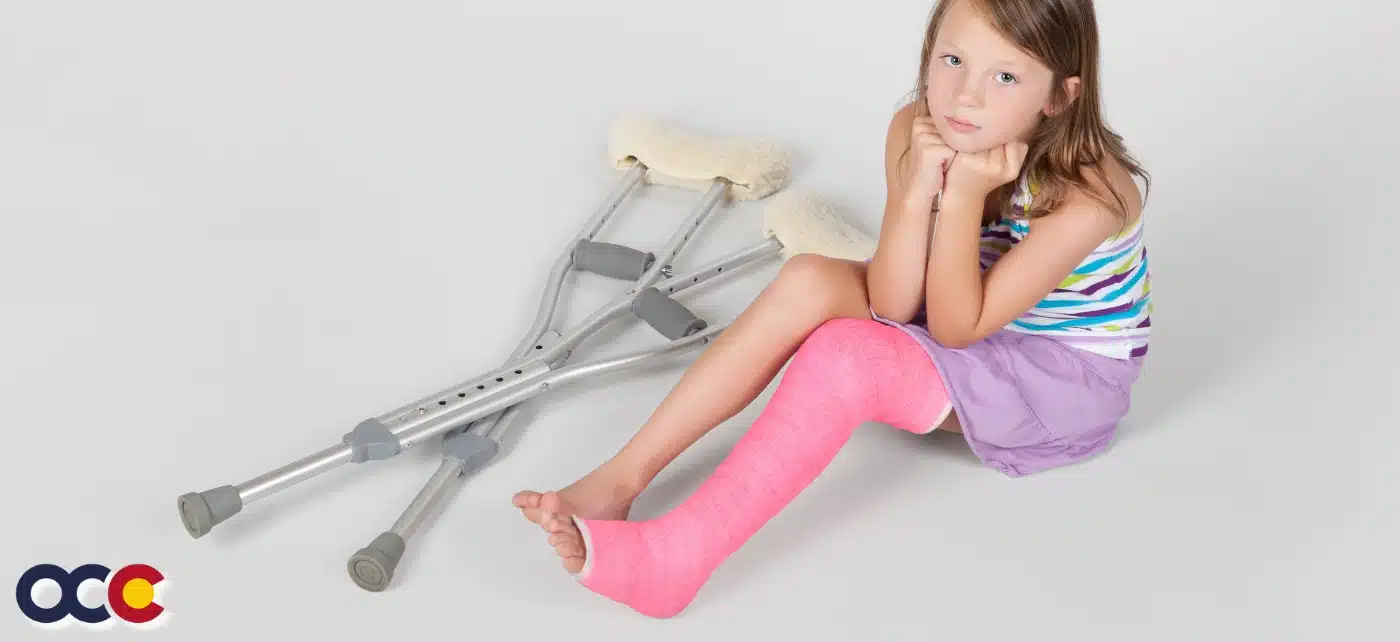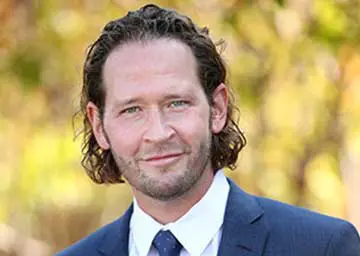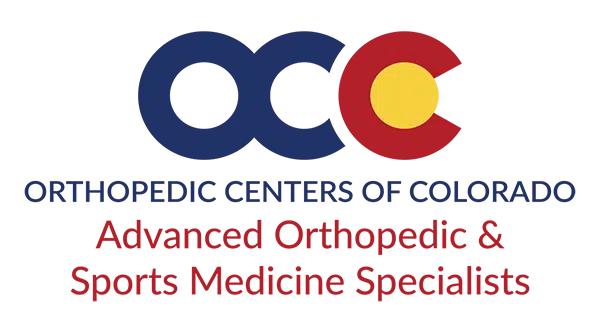For young athletes who participate in school sports, competitive clubs, or even recreational sports, fall season preparations are in full swing. Trying out for fall sports can be an exciting yet nerve-wracking experience, but proper planning and preparation can give you the best chance at making a team and achieving your goals. Consider these tips for a smooth and successful start to the fall sports season:
1. Know your physical fitness level: Ideally, athletes have maintained some level of physical fitness throughout the summer, even if it’s through a different sport (swim team, anyone?), to ensure they’re in good physical shape prior to tryouts. It’s advantageous to have an off-season training routine to maintain or improve your fitness levels. By contrast, going from zero activity to “two-a-day” fall training sessions can significantly increase any athlete’s chance of injury.
Even if you didn’t maintain a consistent summer schedule – or perhaps especially so – all athletes should undergo a sports physical before trying out or participating in fall training sessions. At this appointment, a doctor will check your vitals, strength, flexibility, and overall health. A sports physical is an essential preventive measure to ensure the health and safety of athletes. It aids in identifying and addressing potential health concerns before they become severe and ensures athletes are prepared for the physical demands of their chosen sport.
Here are several more great reasons to have a fall sports physical:
- It’s likely required to participate. To ensure the safety of the athletes, most (if not all) school programs and competitive clubs require proof of a physical to participate in tryouts or join a team.
- To assess your fitness level and identify potential health risks: Especially if you have not been participating in a summer training program, a physical can help determine if you as an athlete are in good shape to participate in your specific sport and help promote sports injury prevention. A doctor can also identify potential health risks that may make certain sports dangerous for you as an athlete. This could include heart conditions, respiratory issues, or orthopedic concerns.
- Check in on past injuries, especially those that didn’t heal properly, which can pose a risk for re-injury. A physical gives a doctor the opportunity to review any previous injuries and assess whether they have healed sufficiently.
- Get a mental health screening: Some physical exams may include questions or screenings related to mental health, a critical component of overall well-being, especially in competitive sports.
- Provide guidance on safe participation: A physical can provide guidance on how to safely participate in sports. This might include recommendations for preventing concussions or other contact injuries, as well as smart training tips that minimize the chance of dehydration or injury.
- Offer recommendations for optimal sports performance: Based on the findings of the physical, a sports medicine specialist can give advice on training, nutrition, and other factors to help the athlete perform their best.
- Provide a baseline for future evaluations: A physical can serve as a baseline for an athlete’s health. If you were to get injured or develop a health issue later, your doctors could reference this baseline to assess any changes.
The sports physical process can be quick and easy if you are prepared. When seeking a sports physical:
- Always ensure that your chosen provider is qualified to perform the examination.
- Bring any necessary forms or paperwork that need to be filled out.
- If you wear glasses or contacts, bring them with you.
- Provide a list of current medications or any known health issues.
Remember, while many places offer sports physicals, it’s crucial to consider the quality and thoroughness of the exam. For athletes with specific health concerns or previous injuries, seeing a sports medicine specialist or orthopedic specialist might be the best choice. These are physicians who specialize in sports medicine, and they can be an excellent choice, especially for high-performance athletes or those with previous sports-related injuries.
2. Mindset Matters: Youth sports have never been more competitive, and athletes generally need more than natural skills to stand out and make a team. Coaches look for many things from their athletes, but here are a few characteristics many coaches value:
- Those who can work well with others: showcase your ability to communicate, collaborate, and support your teammates.
- Coaches will also pay attention to how you handle challenges, mistakes, and feedback. Stay positive, show resilience, and always give your best effort.
- Athletes who have a realistic understanding of what coaches are looking for in terms of specific skills, positions, and physical requirements.
- Teammates who demonstrate a “growth mindset,” by asking questions, embracing feedback, learning to handle pressure, and being prepared for both success and setbacks.
- Those who show up on time (or better yet, early!) and come prepared with the appropriate attire, footwear and equipment, ready to work.
3. Support your body, and it will support you: No matter your summer training routine, preparation and good habits will put you in a position to perform your best. This includes:
- Getting enough rest: Sleep is essential for peak performance. Make sure you’re well-rested leading up to and during tryout and training days.
- Watch what you eat and drink: Proper nutrition and hydration are both essential to strong performance. Eat a balanced diet to fuel your body. Avoid heavy meals right before tryouts or practices and consider having a light snack a couple of hours prior. Avoid sugary drinks and drink plenty of water before, during, and after tryouts and practices to stay hydrated, especially during hot months.
Remember, while making a team is a significant achievement, the journey and what you learn from the experience is just as valuable. Be prepared, stay positive, give your best, and enjoy the process!
The team at Advanced Orthopedic & Sports Medicine Specialists, part of the Orthopedic Centers of Colorado, are available and ready to help you with your fall sports physical! Call our office today at 303-344-9090 to schedule and don’t forget your forms!
